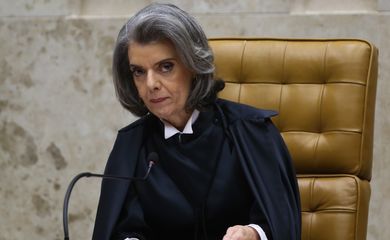Brazil's Chief Justice defends court decisions that provide costly drugs


Supreme Court chief justice Cármen Lúcia responded to complaints about the so-called health judicialization.

Today (Nov. 7), Supreme Court chief justice Cármen Lúcia responded to complaints about the so-called health judicialization. For her, decisions that grant access to treatment and drugs are part of Brazil's democratization.
"There is a democratization in Brazil. The Brazilian citizen who died at least until the 1980s, before this Constitution, did not know that they had a right to health, which they could claim. Today they are aware of it and fight for it, because democracy was restored in Brazil. Thank God!," she said attending the opening of the workshops on health for judges. The training is part of the cooperation agreement between the National Council of Justice (CNJ) and the Ministry of Health.
In addition to organizing the meeting, the Syrian-Lebanese Hospital in São Paulo will, together with the CNJ, create a database on technical information to support the judges. Information may also be used by support centers created to help judges and justices who need to adjourn issues involving the Unified Public Health Care System (SUS).
Costs
The high spending on treatments ordered by the courts are a concern for the federal government and state administrations. According to the Ministry of Health, SUS will have to pay $2.19 billion this year. "The judgment does not create new money, it displaces money that already exists," claims minister Ricardo Barros, pointing out that these decisions hamper the planning of resource management.
For Cármen Lúcia, however, judges must work without such pressure. "I am not health minister. I am a judge, I have a Constitution, which says that the right to health is safeguarded. I understand that medicine can offer an alternative for this person to live with dignity. We have to admit that the pain has hurry," she added during the meeting opening.
Translated by Amarílis Anchieta
Fonte: Brazil's Chief Justice defends court decisions that provide costly drugs


